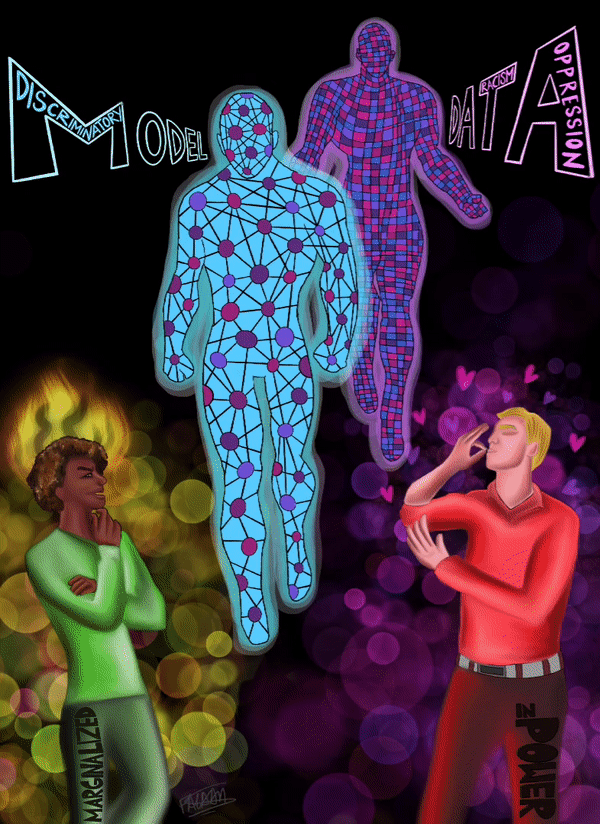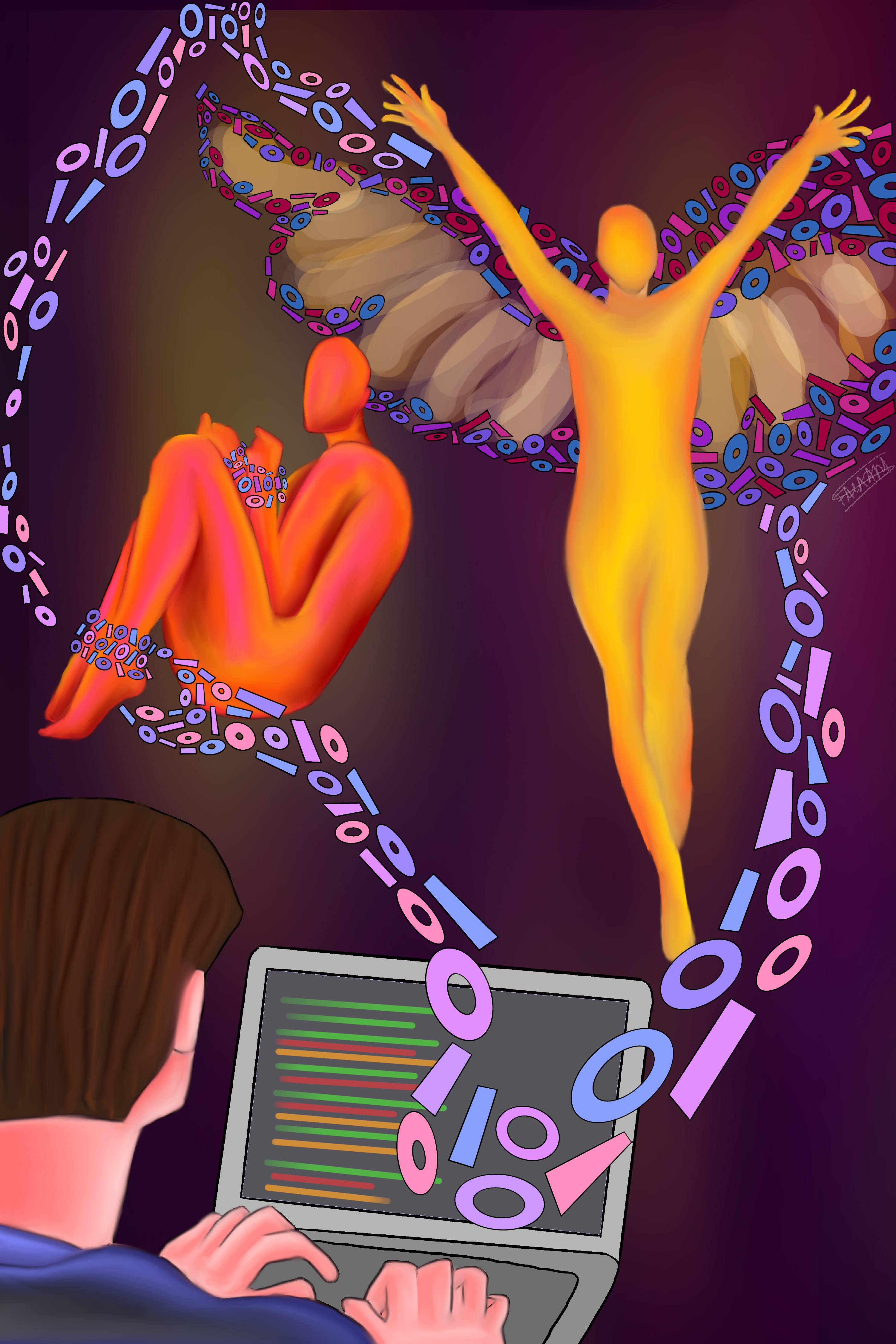Model Training¶
from model_training import model
from resistance_ai import decode_reality
model_inputs, model_outputs = model.see_previous_panels()
optimization = model.fit(model_inputs, model_outputs)
decode_reality.visualize(optimization)

decode_reality.explain(optimization)
Data-driven algorithms seek to learn associations in their training data. What happens when the model is trained on data generated from an oppressive and racist society? An ‘accurate’ model will faithfully learn the pre-existing biases7 in society in order to reproduce the same kind of classifications as it saw during training.
The algorithm has no inherent way of determining which learned associations are ‘good’ and which are ‘harmful’. That is for the human to decide.
Any association that the human decides is ‘bad’ or incorrectly learned for the task at hand, is deemed to be a ‘Bias’. What happens when the human in charge comes from a place of priviledge and fails to perceive these associations, or the resulting behavior, as harmful? Take the allocation of grades, for example. If a model spuriously associates the prestige of a school with the success of it’s students, it ends up discriminating against students belonging to less affluent demographics. If the ones evaluating the algorithm are from opulence themselves, then the harmful correlation of institutional ranking with academic success is overlooked by them and these discriminatory associations learned by the model would not be seen as ‘biases’.
If we’re not conscientious and deliberate in evaluating the behavior of algorithms on all demographics, we end up deploying predatory models back into the broken ecosystem from which they were created, to in turn give rise to new emergent biases7.
